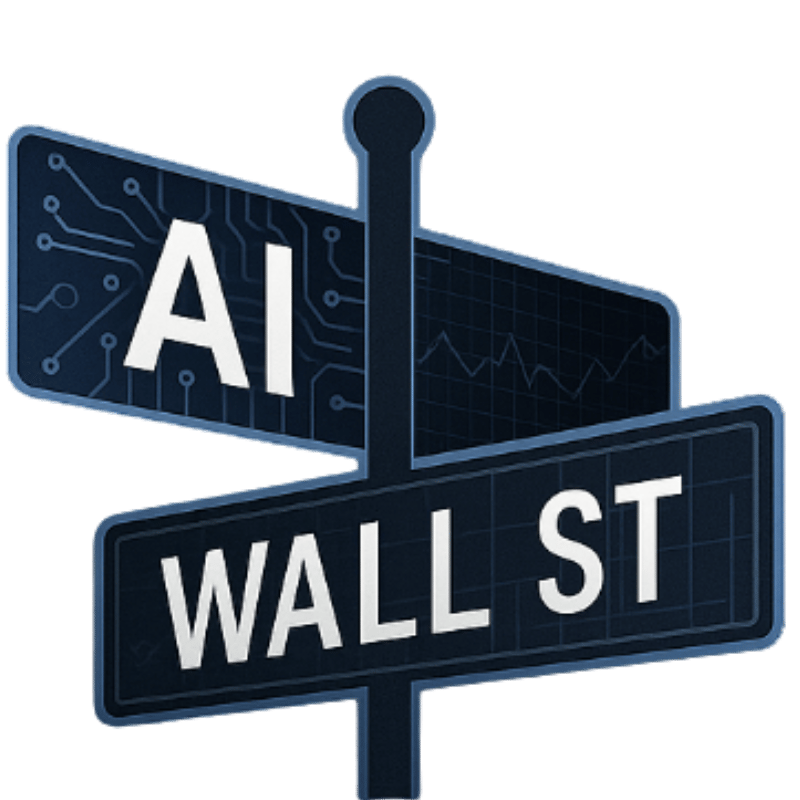Claude & ChatGPT Compete For Wall Street
Hey, it’s Matt. This week on AI Street:
⚙️ A deep dive into how OpenAI and Anthropic’s Claude are competing for Wall Street users.

Hey, it’s Matt. This week on AI Street:
⚙️ A deep dive into how OpenAI and Anthropic’s Claude are competing for Wall Street users.
